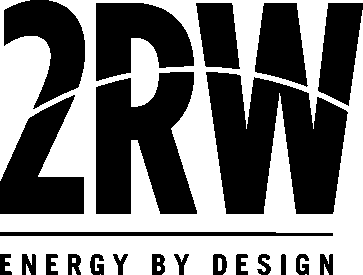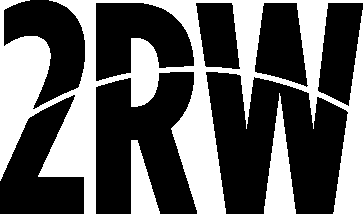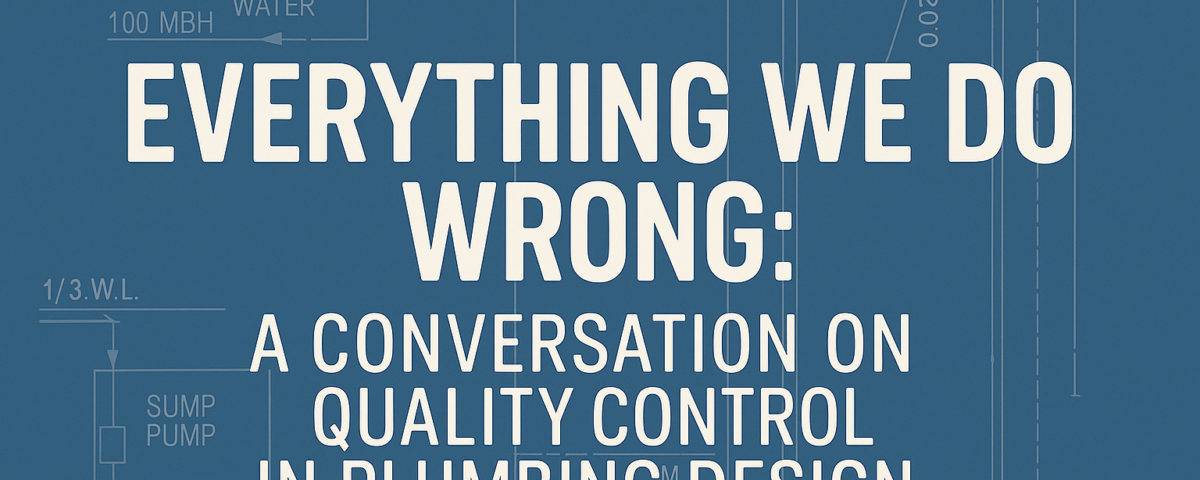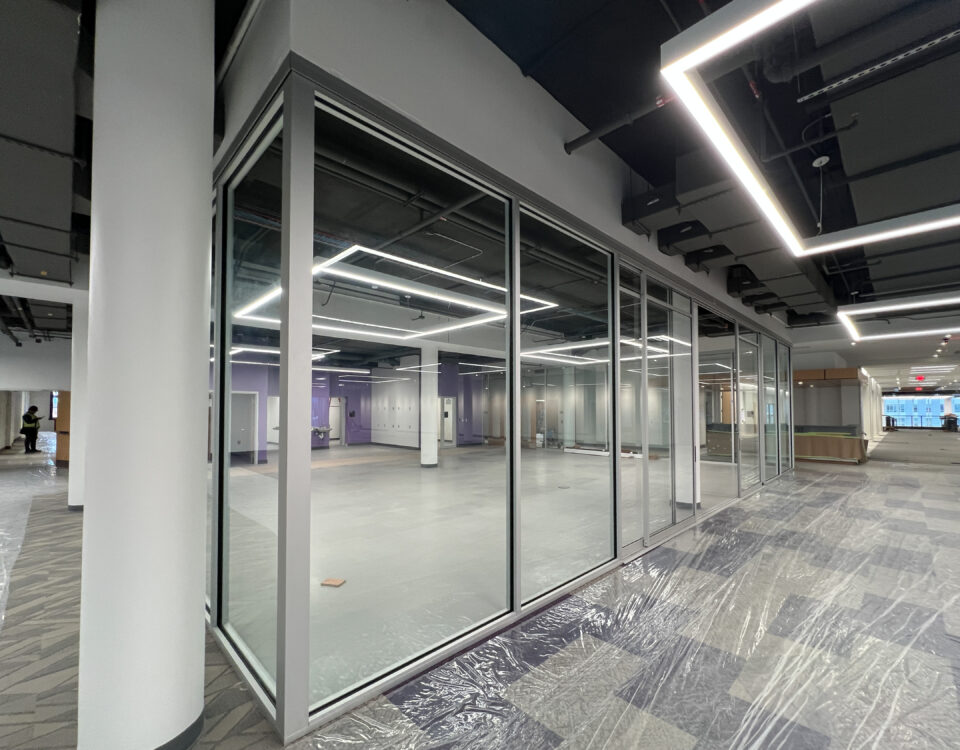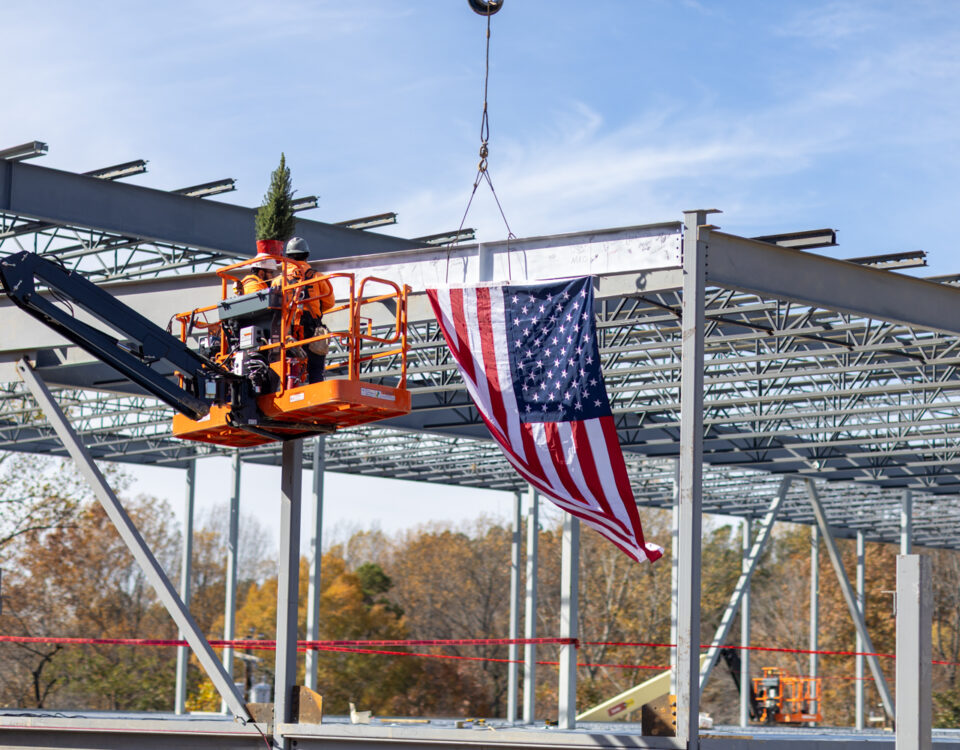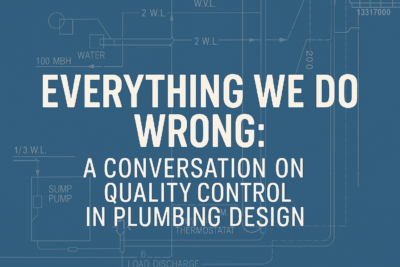
As part of the American Society of Plumbing Engineers’ (ASPE) monthly technical presentation series, 2RW’s Director of Plumbing, Joe Niedzielski, CPD, GPD, shared a refreshingly honest perspective on what quality control looks like in the engineering world. (He also spoke about these ideas in a recent interview with Tasmia from DesignForce.)
His presentation, “Everything We Do Wrong,” wasn’t about assigning blame but about identifying opportunities for better design, stronger coordination, and smarter project outcomes. Drawing from decades of experience, Joe walked attendees through the common pitfalls in plumbing design and how thoughtful process improvements can make a measurable difference across every project phase.
Redefining Quality Control
Joe emphasized that quality control (QC) shouldn’t be a reactive checklist—it should be a proactive, integrated part of the design process. When done right, QC can:
- Deliver efficient, well-coordinated designs
- Produce repeatable results that improve over time
- Reduce construction administration issues
- Protect project budgets
- Incorporate lessons learned into future work
Rather than relying on buzzwords or expensive certifications, Joe grounded his approach in clear, actionable habits that any team can implement.
What We Can All Do Better
The presentation challenged attendees to rethink their habits and assumptions. Joe outlined several core strategies for elevating QC within design teams:
- Communicate assumptions early and clearly
- Follow a consistent design flow—don’t jump ahead
- Design as if it will be built
- Avoid over-defining elements too early in the process
- Understand that every deliverable matters—legally and practically
- Get the information you need from others early on
- Think in systems, not just components or floorplans
In short, “Plan your work. Then work your plan.”
A Culture of Continuous Improvement
Joe’s presentation reminded us that quality control isn’t about catching mistakes but designing with intention. It’s about communication, coordination, and clarity. By integrating QC into our workflows and fostering open communication, we can avoid many challenges that arise later in the project timeline.
We’re proud to have leaders like Joe who bring honesty, deep expertise, and a drive to improve the work and the process behind it. His willingness to challenge assumptions and share practical strategies reflects the thoughtful, purposeful engineering we strive to deliver daily.
Interested in learning more about our approach to engineering quality and collaboration? Get in touch.
